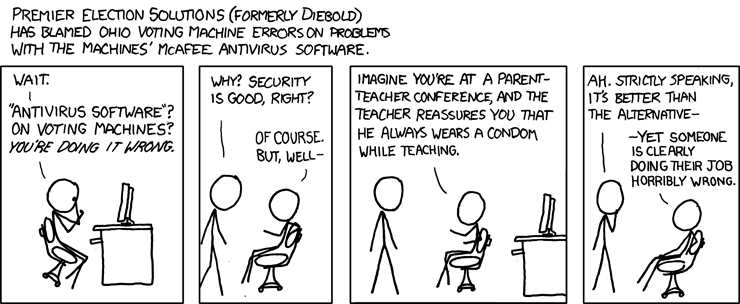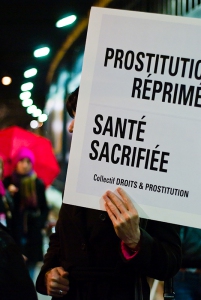We need to be on guard against topical exceptions in matters of justice. If the justice system is to be fair, it would seem that a determinedly even-handed treatment of evidence and the law is required even in the most explosive cases. Debating whether and to what extent to deprive someone of their fundamental freedoms should be kept at arm’s length from our momentary emotions and politics.
I’m writing this in response1 to Lezlie Lowe’s article in the Chronicle Herald, “Language murky around sex assaults”:
“Someone is sexually assaulted. Someone is charged. The violence becomes news and a journalist must piece through her research to write a story. But that reporter, says Helen Lanthier, must attend to a whole lot more than just the so-called facts.
“‘I know there needs to be objectivity,’ says Lanthier, of Lunenburg’s Second Story Women’s Centre, ‘but what I would like to see is a discussion about the role of a reporter in the broader scheme.’2
“Lanthier is co-co-ordinator of Be The Peace. The advocacy project ends in March and Lanthier, and hundreds of community collaborators on Nova Scotia’s South Shore, are seeing the fruits of this concerted three-year effort to address violence against women.
“One change? Before Be The Peace, South Shore survivors had to travel to Halifax to connect with a sexual assault nurse examiner. Now there are 11 trained on the South Shore who collect specialized evidence after an assault.
“Notice, there, I didn’t say, after a woman alleges she’s been assaulted?
“‘Alleged’ and ‘alleges’ are overused words in reporting on sexual violence, Lanthier says. ‘It affects the survivor’s credibility. It might imply that she’s lying.’
“In fact, there are no more false claims of sexual assault than any other crime. (Surprised? Then you’re probably buying into a common stereotype that women are manipulative and accuse wildly.)3
“Pay attention to news writing, Lanthier says, and you’ll notice the word ‘alleged’ blanketing sexual assault stories, especially in verb form — ‘Mary alleges’ — that casts doubt not only on the crime, but the survivor herself.
“Due process and the presumption of innocence is important, Lanthier says, but too often ‘what you’re left with is, “Oh my God, none of this is true.”‘”
“Alleged” and “accused” must be used in reporting all undecided criminal cases, including sexual violence. If a reporter accepts innocent until proven guilty, a fundamental tenet of our legal system, their use of these words should be ubiquitous and should not affect a reportee’s credibility. How could they, if they’re used evenly across all types of cases?
Of course, perhaps they are not used evenly in all cases and this merits closer examination. (Numbers would be helpful – for a start, you could run or cite concordances on a body of media reports covering different types of crimes. I’ll leave that as a graduate thesis exercise for the reporter so she can support her own claim.) If we applied extra linguistic precautions to sexual assault cases that we don’t use anywhere else, that would indeed be unfair to true survivors. We must treat all types of cases fairly and not isolate our demands for fairness to this one domain.
I would also like to see numbers about the probability of false accusations for sexual assault relative to other domains, though reliable statistical work would be extremely challenging for both inborn and extrinsic reasons. However, even if this claim has strong support, it’s a red herring because each case must be judged on its individual merits. Imagine a change to the justice system where, since 75% of accused of crime Z were found guilty anyway, we simply convict everyone accused of crime Z since there’s a 75% chance we’ll be right.
Innocent until proven guilty necessarily means alleged until proven survivor. We need not go to extremes to speak of how they might be lying. We can offer assistance and support to the alleged without having to make a verdict. This is hard work: It’s much easier to deal in absolutes and strict categories. But when we think that way, a lot of important principles get thrown under the bus.
I also sent a brief-by-my-standards five-paragraph e-mail to the paper ↩
Scott Alexander taught me we should be loathe to throw out what someone has to say just because they say something like, “I’m not an X / I know Y, but…” ↩
My note: As wrong as it is to think this of all women, enough women do accuse falsely and very deliberately that it is a serious problem, not in the least because people who are innocent have their lives as trashed as the guilty.
Paul Lutus, arachnoid.com – “A New Sex Crime” ↩


